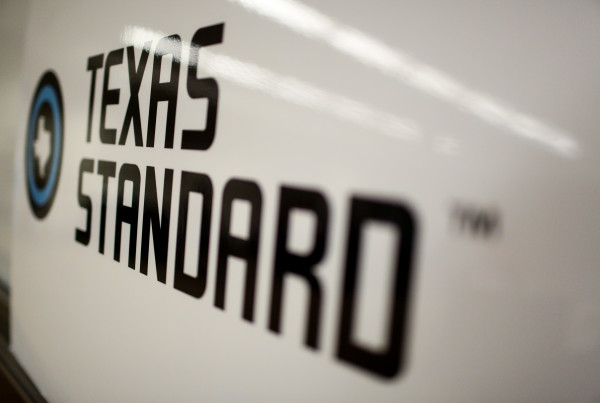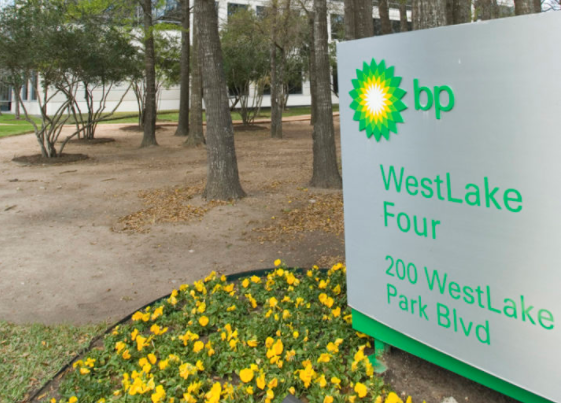President-elect Donald Trump knocked the North American Free Trade Agreement (NAFTA) during his first U.S. presidential debate with Democratic nominee Hillary Clinton back in September.
“NAFTA is the worst trade deal maybe ever signed anywhere,” he said.
Now that he’s just over a month away from moving into the White House, many are wondering about not just the trade deal’s future, but their own. In 1992, President George H. W. Bush and Canadian Prime Minister Brian Mulroney signed the treaty in San Antonio. Now, Republican U.S. Rep. Will Hurd from Texas and his constituents are worried. His district spans San Antonio and runs west along the majority of state’s border with Mexico.
Hurd says he met Wednesday with the San Antonio Hispanic Chamber of Commerce.
“They were telling me that there is some uncertainty that is impacting markets and their industries, but that there is a number of ways that we can improve upon NAFTA,” he says. “A lot of things have happened since this was signed almost 20 years ago. Energy revolutions in south Texas and in central Mexico. The Mexican government changing their constitution to deal with energy. The internet didn’t exist when NAFTA was signed. So there really is an opportunity to improve upon or to upgrade. And the question we should be asking ourselves is what does NAFTA 2.0 look like?”
Hurd says Trump’s more recent remarks say he will not pull out of NAFTA, but instead restructure the trade deal.
“I think what we’re going to see – once the new administration gets in – there’s going to be a lot of talk around what is that framework on how you improve upon NAFTA,” Hurd says. “The U.S., Canada and Mexico – we should be talking about being partners in energy. It’s important to remember that when it comes to the U.S., Mexico and Canada, we build things together.”
But his constituents still have a feeling of uncertainty around the agreement’s future, Hurd says.
“People are concerned. They’re taking comments out of context,” he says. “And that’s why it’s important for those of us that recognize the importance of NAFTA – and how that has helped our economies – to start talking about what a framework looks like.”
Post by Beth Cortez-Neavel.
















